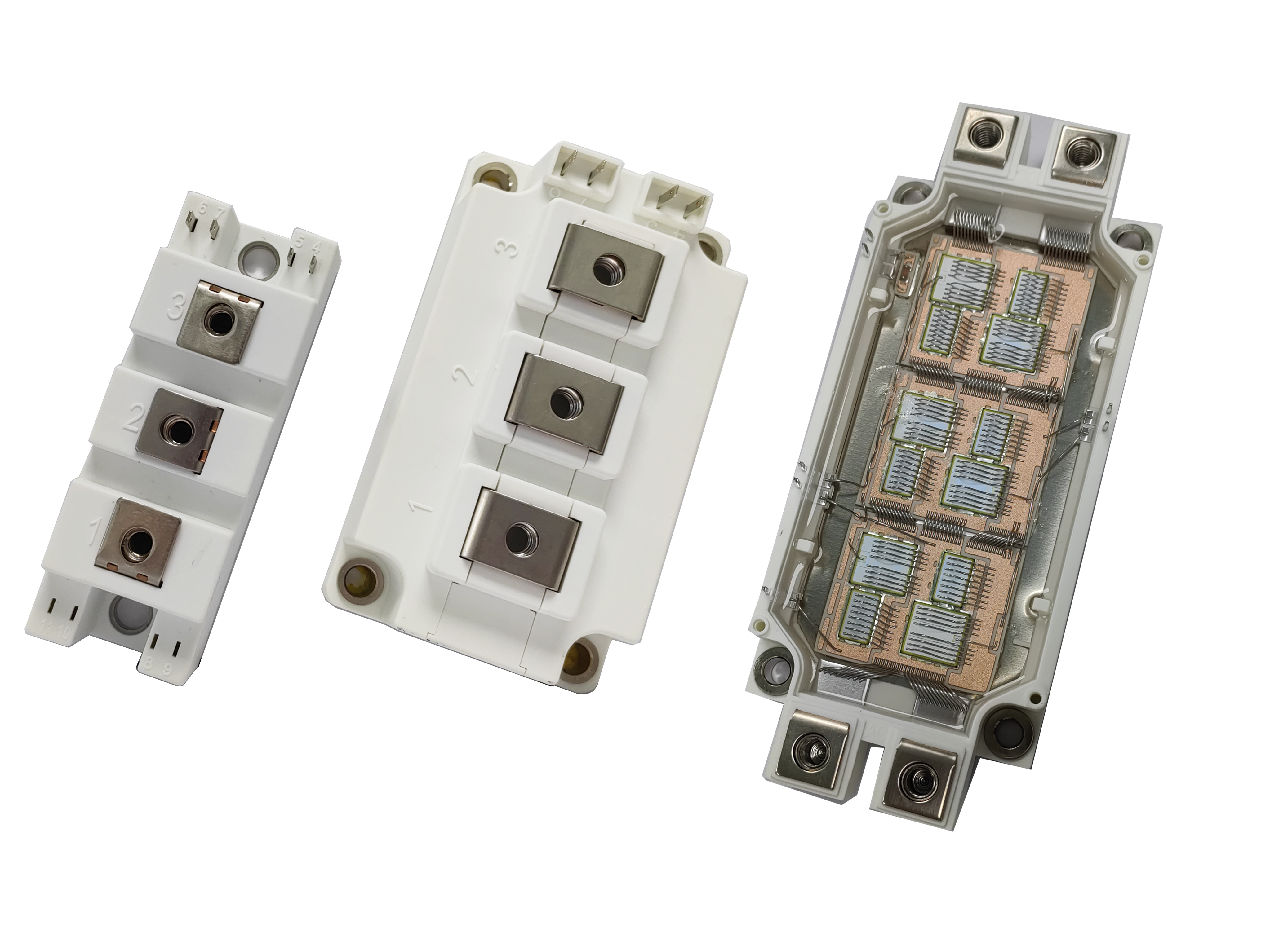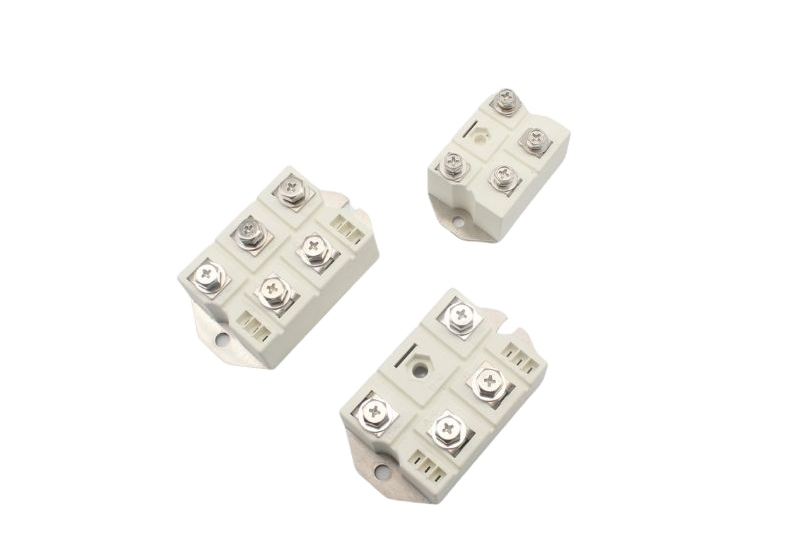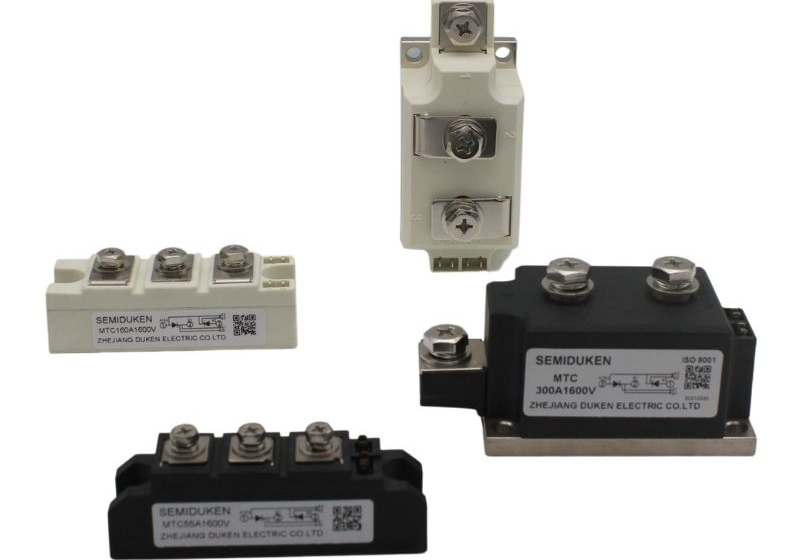Evaluating 106A Thyristor Module Performance for UPS Applications
UPS systems require components that can reliably handle fluctuating loads and maintain power continuity. The 106A thyristor module is critical in managing AC-DC conversion, load switching, and thermal stability in UPS designs. A clear understanding of its performance parameters enables engineers to select the optimal module for reliable operation.
High-Surge Screw-Mount Module Advantages
The 2250A-surge 1000V-µs-dv-dt screw-mount 106A thyristor module is designed to manage transient surges and rapid voltage changes common in UPS applications. With a surge capacity of 2250A and a dv/dt tolerance of 1000V/µs, this module ensures consistent operation during power anomalies. The screw-mount design provides secure mechanical attachment and superior heat transfer to external heatsinks, enhancing both performance and durability.
UPS systems benefit from the 2250A-surge 1000V-µs-dv-dt screw-mount 106A thyristor module’s robustness, which reduces the risk of downtime during peak load conditions or unexpected power spikes.
Compact 7-Pin Anti-Parallel Modules for Dense Integration
In modern UPS designs where space is limited, the compact 7-pin anti-parallel 106A thyristor module offers a highly efficient solution. Its anti-parallel configuration allows bidirectional current flow, enabling precise AC load control. Despite its small dimensions, the compact 7-pin anti-parallel 106A thyristor module maintains excellent current handling and voltage tolerance.
This module type allows engineers to design compact, modular UPS systems without compromising performance, facilitating maintenance and replacement in dense panel configurations.
Thermal Management Using Water-Cooled Modules
Effective thermal control is critical for long-term reliability in UPS systems. The low Rth(j-c) heat-sink water-cooling 106A thyristor module provides low junction-to-case thermal resistance and integrated water channels for continuous heat removal. This design ensures stable operation during high-current, extended-duty applications.
The low Rth(j-c) heat-sink water-cooling 106A thyristor module enables UPS systems to sustain heavy loads without overheating, improving efficiency and extending the service life of critical components.
Optimizing Module Selection for UPS Reliability
Choosing the right 106A thyristor module involves evaluating surge performance, space constraints, and thermal handling. The 2250A-surge 1000V-µs-dv-dt screw-mount 106A thyristor module provides high surge tolerance, the compact 7-pin anti-parallel 106A thyristor module offers space efficiency, and the low Rth(j-c) heat-sink water-cooling 106A thyristor module ensures thermal stability.
A proper balance of these factors guarantees UPS systems maintain continuous operation while protecting sensitive loads.
Conclusion
For UPS applications, 106A thyristor modules provide critical performance capabilities, including surge protection, compact integration, and thermal management. Selecting the appropriate module type—whether 2250A-surge 1000V-µs-dv-dt screw-mount, compact 7-pin anti-parallel, or low Rth(j-c) heat-sink water-cooling—ensures reliable, efficient, and uninterrupted power delivery.






